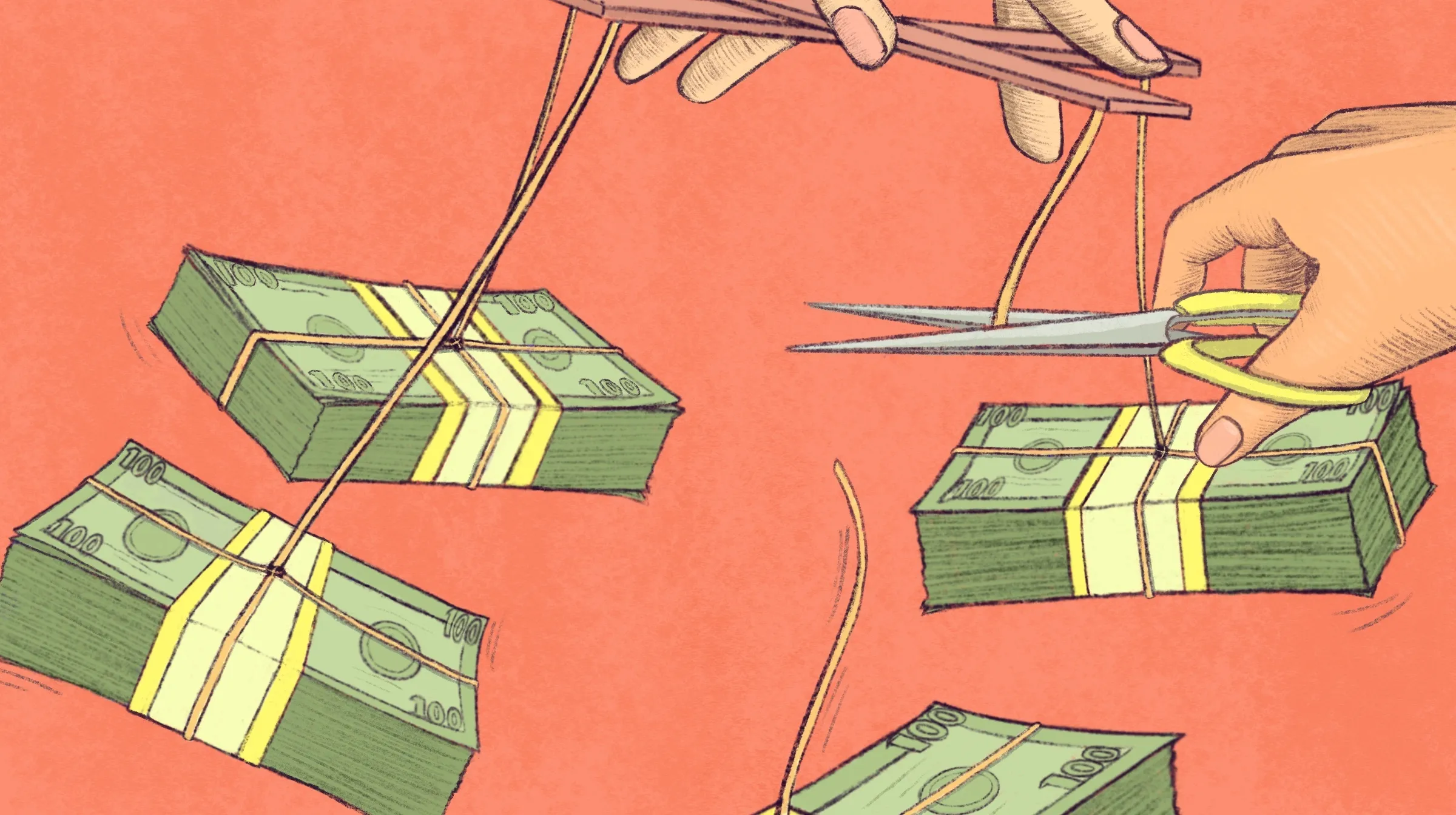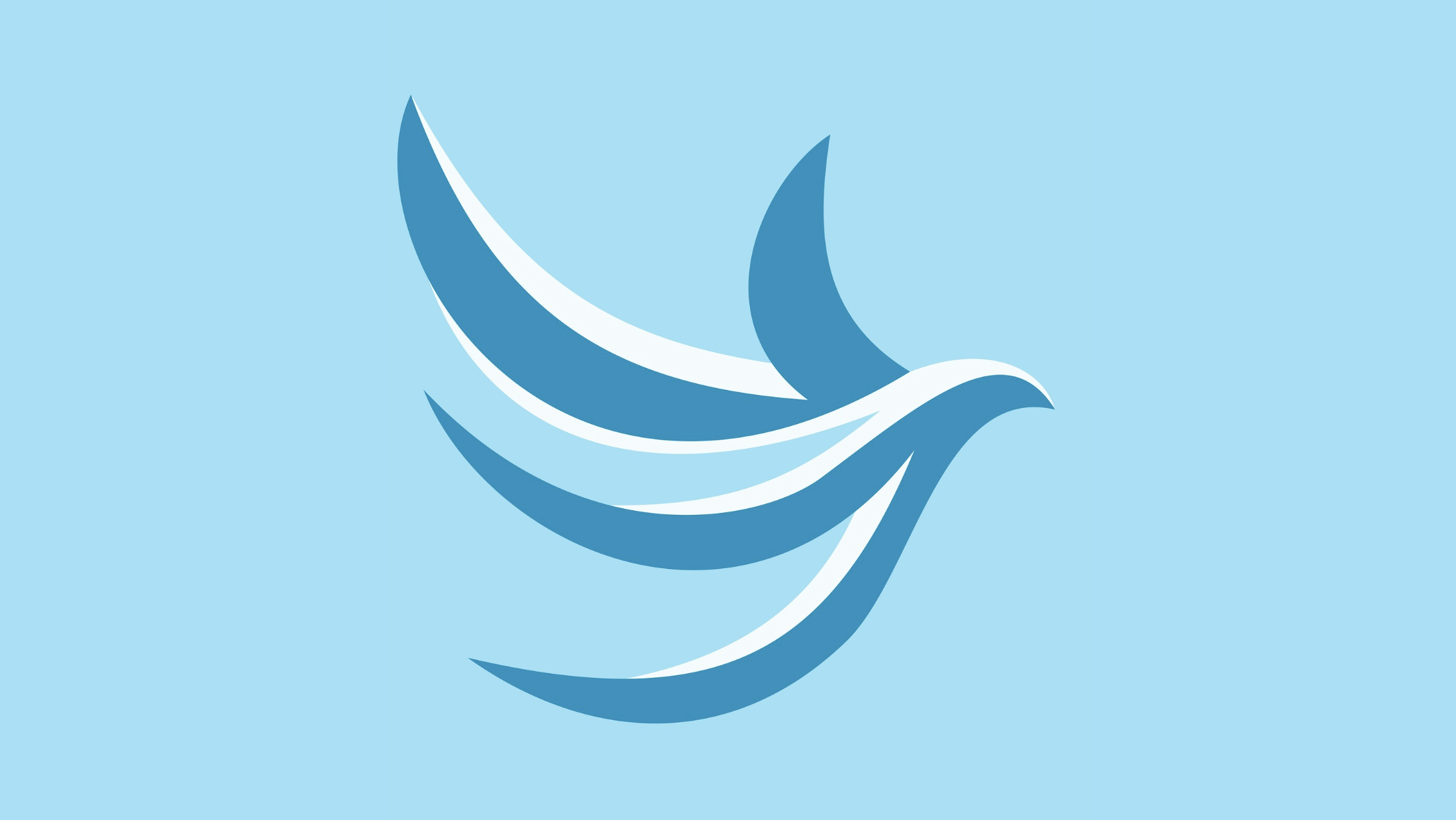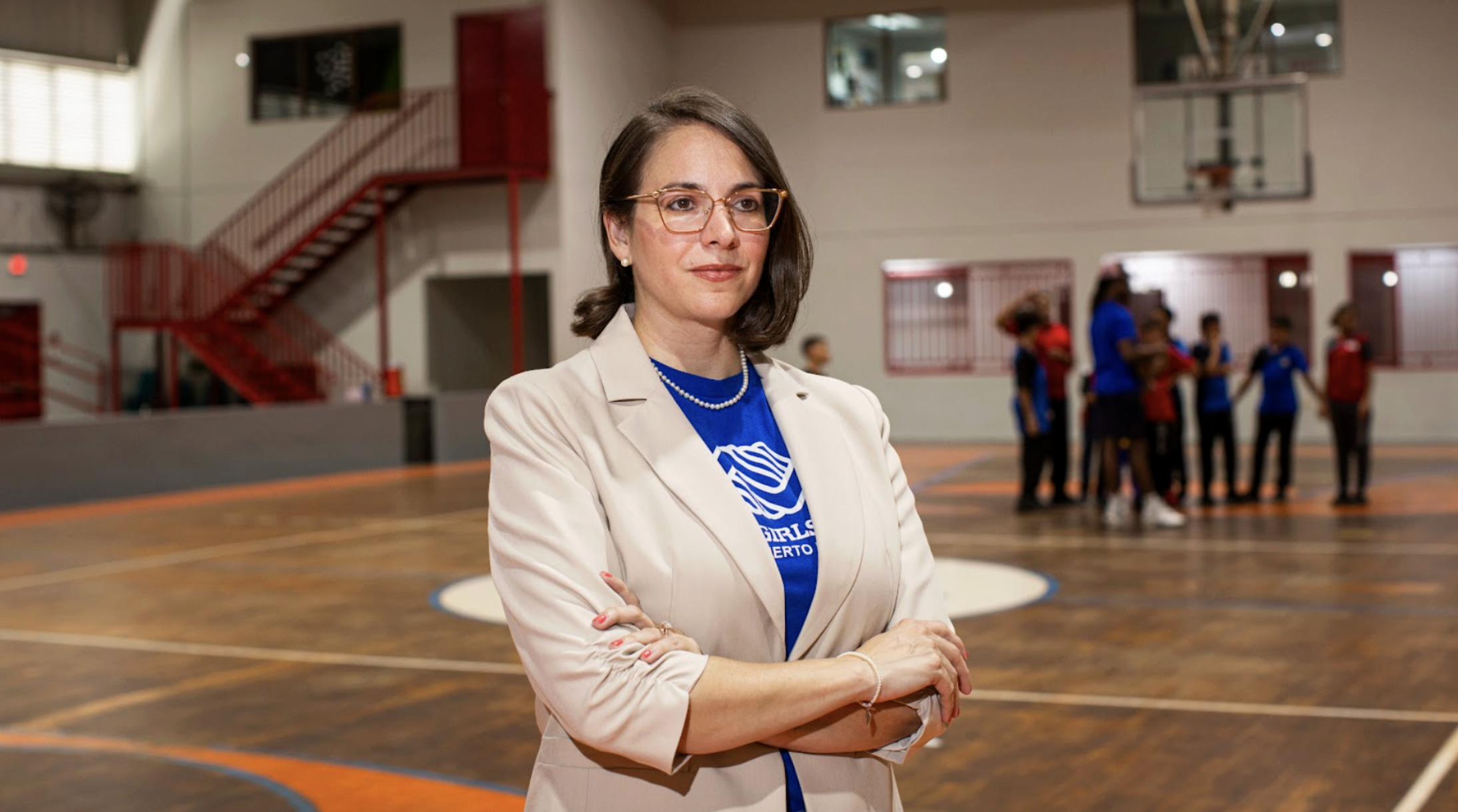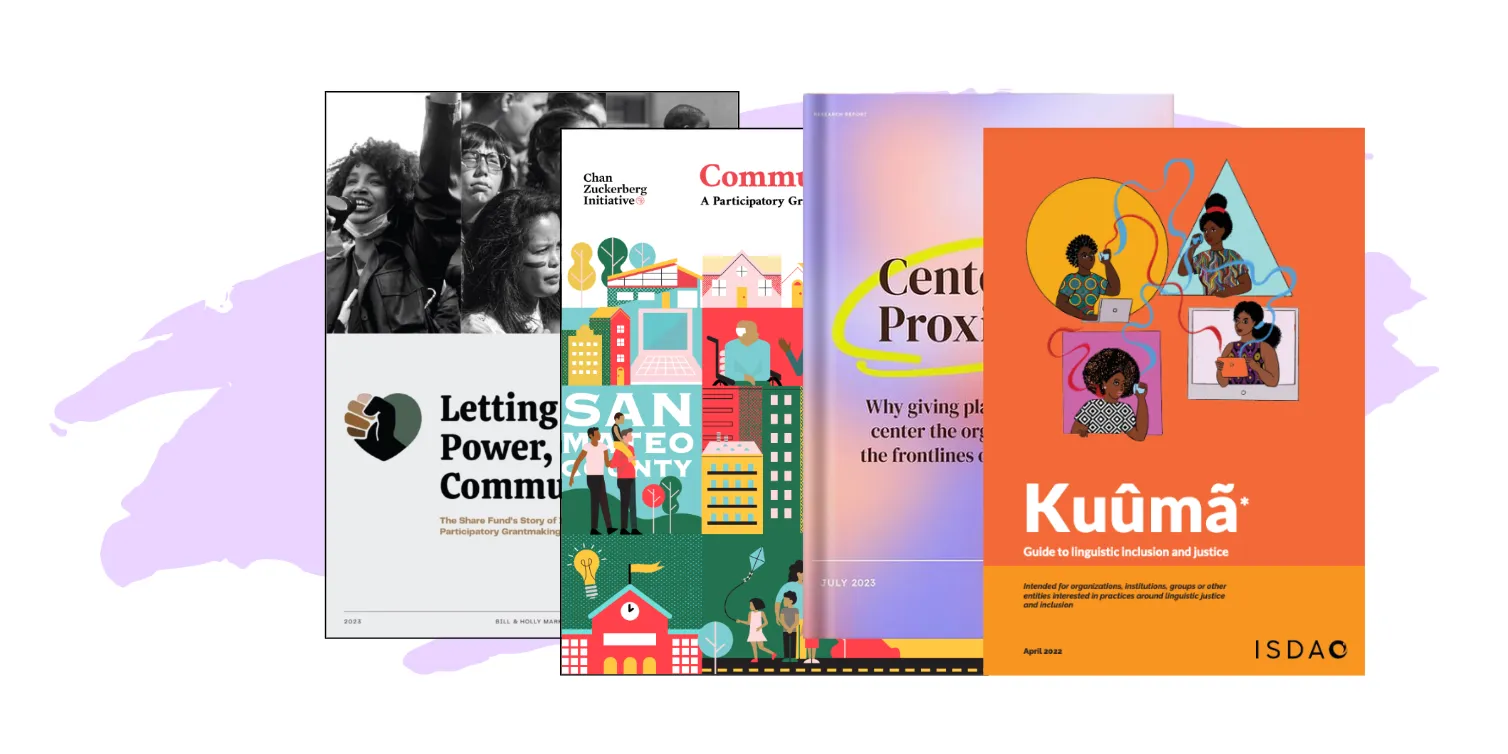A few weeks ago, I flew to Seattle for this year’s PEAK Grantmaking conference. PEAK is a network of philanthropy folks who get behind the idea that grantmaking should be effective and dedicated to advancing equitable grantmaking practices.
On the flight home from Seattle to New York, I reflected on the conference (in between rom-com flicks, which always bring tears to my eyes when I fly.) PEAK is a place for grants managers to explore new, boundary-pushing ideas and get into the weeds of our practice. It’s also a time to interrogate stagnant, dubious practices we all hold on to.
What is our true purpose? Can we be change agents? What’s our role in all of this?
My synapses began to tingle. The dots connected, and a persistent theme emerged: Grants managers have formidable power to shape equitable grantmaking practices. Put another way, the design of the processes and mechanics of grantmaking is a critical piece of the puzzle driving the future of philanthropy.
But first we need to step into our own power.
Long overlooked
Grants management has long been overlooked as a purely transactional function, operationalizing the mechanics of receiving applications and moving money. Grants managers are thought only to understand workflows and the tech to get business done.
But this narrow view ignores the opportunity for grants managers to be a transformational force.
Think about it: We help determine which grantmaking platforms are aligned with program portfolio needs. We ensure that grant application forms are accessible. We communicate with grantee partners to drive transparent process and inclusive design practices across departments and stakeholders. These practices are part of a bigger operational approach that demonstrates organizational values. Values that we help ensure are more than lip service
In short, we do important stuff. In so doing we see grantmaking like no one else. We hold a position of influence that no one realized we had, often including us … until now.
What can we do?
Grants managers and our counterparts are increasingly recognizing the power and potential of their roles.
That much was obvious at PEAK. It was the subtext of countless discussions I had with grants managers, new and seasoned, in the hallways and at more formal gatherings like those of the Black Caucus Members. It was also the text of speeches by the likes of Edgar Villanueva, who urged the audience to join him in his mission to “decolonize philanthropy”; Vu Le, who called out the pain we are witnessing in Palestine and doing little to respond to, and Glen Galaich who urged the audience to “break fake rules”.
It didn’t only come from reformers. Throughout the conference, foundation executives asked grants managers to partner with them to rethink boards, streamline reporting practices, and leverage our risk assessment skills to navigate the complexities of grantmaking in conflict-stricken parts of the world.
On the plane back from the conference, I thought about how we as grants managers can respond to this challenge and this opportunity.
I think there are three things: first, acknowledge the power bestowed to your position. Second, lean into it. And finally, get out there and learn with your peers. Strengthen your personal power, and bring it to your positional power to reimagine philanthropy. To dive a bit deeper:
Acknowledge your power
You have expertise. Acknowledge this. Think about what you’re great at – what skill sets you own that others in your organization might not share. Are you an expert in risk assessment or ensuring compliance across borders? Are you an emergent techie or exploring AI? Are you about to embark on a system migration (goodbye foundationConnect!) and building a tech collaborative around the project?
Write that list down. These are skills that not only make you irreplaceable, but give you leverage to influence the policies of your organization. Policies and daily practices that directly influence the success of the sector. Practices that you develop and drive at your organization every day.
Grants managers are the operational backbone of philanthropic organizations. We interface directly with grantees, we liaise with finance, and we meet regularly with program teams to ensure that process and tools align with strategy-meeting objectives. Compiling data, sending report reminders, adjusting deadlines and timelines to accommodate staff and stakeholder needs, reviewing board dockets, communicating the organization’s goals and expectations with grantees: grants managers just do it. It’s time to recognize your own power.
Lean into your power to influence your organization
Inhabit your power and use it to create a more inclusive, equitable, and safe place within the halls of philanthropy for the marginalized.
The way we engage with nonprofit partners is being cajoled in new directions by the practices advocated for by The Trust Based Philanthropy Project and others who aspire to challenge status quo practices.
With your power, advocate for grantmaking practices that shift decision-making to communities, and impact measurement practices that make life easier for grantees. Call out inequitable workflows. Advocate for technology tools that reduce friction for grantees.
You know the pain points and friction nonprofit partners face: slow financial transactions, cumbersome final reports, lost email correspondence. You also know the needs of the board and staff. Can you build a bridge? Can you propose solutions that better meet everyone’s needs? At the very least, can you point to areas of friction and inconsistency tying practices and values together?
Ask questions like: Do we need project budgets and annual grantee reports? Can we be more responsive and provide clearer guidance? Could we exchange information more inclusively and transparently at board meetings? Are we sharing feedback with grantees on funding decisions? Have we considered building a data-bias work group? Then partner with others in your institution to explore how to drive tangible change. Through collaboration we are able to deliver a unified message to senior leaders at your organization and beyond.
Strengthen your power
Finally, strengthen your power by getting involved – join spaces exploring how grants managers can build ecosystems where privilege is not the default.
At the PEAK convening, I spoke on a panel with Adam Liebling and Abigail Osei about positional power, networking, and building coalitions. This work is in service of driving change. Alone we may not be able to shift status quo practices. Together, our voices can make sector-level noise.
While PEAK is a leading voice and a place to take a step back, there are other groups elevating grants managers that we can tap into. Grantmakers for Effective Organizations, Center for Effective Philanthropy, Philanthropy New York, and Technology Association of Grantmakers to name a few. Remember that list of expertise you developed when you acknowledged your power; there is a whole community of folks nurturing similar skills. Join them and learn together. Satonya Fair reminds us, “To stand in solidarity around our highest values—that grantmaking practices can and should elevate and advance equity—we must commit time and effort to the learning that is required. When we are clear in our identity, our communities, our passion, we can readily access the tools we need to drive change."
We can come together to share stories and hash out ideas in a safe environment with our peers, partners and colleagues. We grow from the exchange of tactics and mechanics. We affirm, validate, and empower each other. When I got back from PEAK, I joined the Intersectional Professionals Network. I gleaned so many insights. I was uplifted to see foundation folk who bring their lived experience to work. Their identities should not be walled off from their work as grantmakers.
From my conversations, I know that the three days of the PEAK conference nurtured a healthy sense of curiosity for many grant managers who attended – a desire to deeply understand and add to the conversation; to answer the call that brought them to this sector.
PEAK gave us respite and a safe space to push, interrogate, and expand on new and existing practices in philanthropy. But we can take what we learn from safe spaces like PEAK and others and truly lean into our positional power as grants managers. Continue to be brave and curious. Being curious is showing care. Curiosity is a way to more deeply understand, relate, connect, and contribute to the work of positive change within philanthropy.
We might just start a ripple that changes the world … or at least the way philanthropy shows up when the world feels pain.













.webp)

.webp)
%20(1280%20x%20720%20px)%20(41)%202.webp)
%20(1280%20x%20720%20px)%20(38).webp)
%20(1280%20x%20720%20px)%20(31).png)


%20(1280%20x%20720%20px).webp)









.webp)





.webp)
.gif)

.webp)


.gif)













